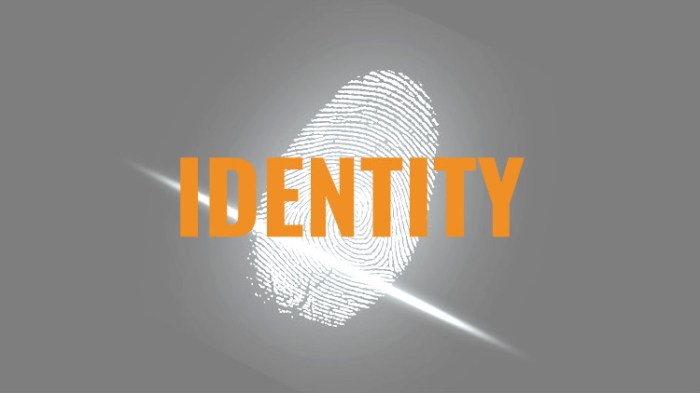Ethnicity gender sexual identity and spirituality are examples of – Ethnicity, gender, sexual identity, and spirituality are examples of fundamental aspects of human experience that intersect to shape our social identities. These dimensions of identity influence our experiences, opportunities, and the ways in which we navigate the world.
Cultural norms, values, and practices play a significant role in shaping our understanding and expression of these identity markers. Historical events and social movements have also profoundly influenced the evolution of ethnicity, gender, sexual identity, and spirituality, leading to ongoing debates and controversies.
Social Identity and Intersectionality: Ethnicity Gender Sexual Identity And Spirituality Are Examples Of

Social identity is a complex and multifaceted concept that encompasses an individual’s sense of self in relation to various social groups and categories. These groups can include ethnicity, gender, sexual identity, spirituality, and many others. Intersectionality recognizes that these aspects of identity are not mutually exclusive but rather intersect and influence each other, creating a unique and complex social identity for each individual.
For example, a Black, queer, woman may experience discrimination and oppression based on her race, gender, and sexual orientation. These experiences are not isolated but rather interconnected and shape her overall social identity.
Concept of Intersectionality
Intersectionality is a theoretical framework that emphasizes the interconnected nature of social identities and how they interact to create unique experiences of oppression and privilege. It challenges the idea that individuals can be categorized into a single identity category and instead recognizes that multiple identities intersect to create a more nuanced and complex understanding of social inequality.
Cultural Influences on Identity Formation

Culture plays a significant role in shaping an individual’s ethnicity, gender, sexual identity, and spirituality. Cultural norms and values influence how these aspects of identity are expressed and perceived within a particular society.
For example, in some cultures, traditional gender roles are strictly defined, while in others, gender fluidity is more accepted. Similarly, some cultures may have a strong emphasis on religious beliefs and practices, while others may be more secular.
Cultural Variations, Ethnicity gender sexual identity and spirituality are examples of
Cultural variations in the expression of identity markers are vast and diverse. In some cultures, ethnicity is expressed through language, clothing, and customs, while in others, it may be less visible.
Similarly, gender identity may be expressed differently across cultures, with some societies recognizing more than two genders and others having a more binary view.
Historical Context and Identity Evolution

Historical events and social movements have had a profound impact on the evolution of ethnicity, gender, sexual identity, and spirituality. Colonialism, migration, and globalization have all contributed to the shifting understandings and experiences of these identity markers.
For example, colonialism imposed Western gender norms and sexual identities on colonized societies, leading to the suppression of indigenous gender and sexual practices.
Societal Attitudes
Societal attitudes towards ethnicity, gender, sexual identity, and spirituality have undergone significant changes over time. In many societies, there has been a gradual shift towards greater acceptance and tolerance of diverse identities.
However, discrimination and prejudice still persist, and certain identity markers continue to be marginalized and stigmatized.
Contemporary Issues and Identity Politics

In contemporary society, ethnicity, gender, sexual identity, and spirituality continue to be subjects of debate and controversy. Identity politics, which involves the mobilization of people based on shared identities, has become a significant force in shaping social movements and policy decisions.
For example, the LGBTQ+ rights movement has successfully advocated for legal recognition of same-sex marriage and anti-discrimination protections.
Social Change
Identity markers are increasingly being used as tools for social change. Activists and advocates are mobilizing around shared experiences of oppression and discrimination to demand greater equality and inclusion.
These movements are challenging traditional norms and values and pushing for a more just and equitable society for all.
FAQ Guide
What is social identity?
Social identity refers to the part of an individual’s self-concept that is based on their membership in social groups, such as their ethnicity, gender, sexual identity, and spirituality.
How do cultural norms and values influence identity formation?
Cultural norms and values provide a framework for understanding and expressing our identities. They shape our beliefs, attitudes, and behaviors, influencing how we perceive ourselves and others.
What is the significance of intersectionality in understanding social identity?
Intersectionality recognizes that individuals’ experiences are shaped by the intersection of multiple dimensions of their identity, such as their race, gender, sexual orientation, and class. This approach provides a more nuanced understanding of social inequality and oppression.